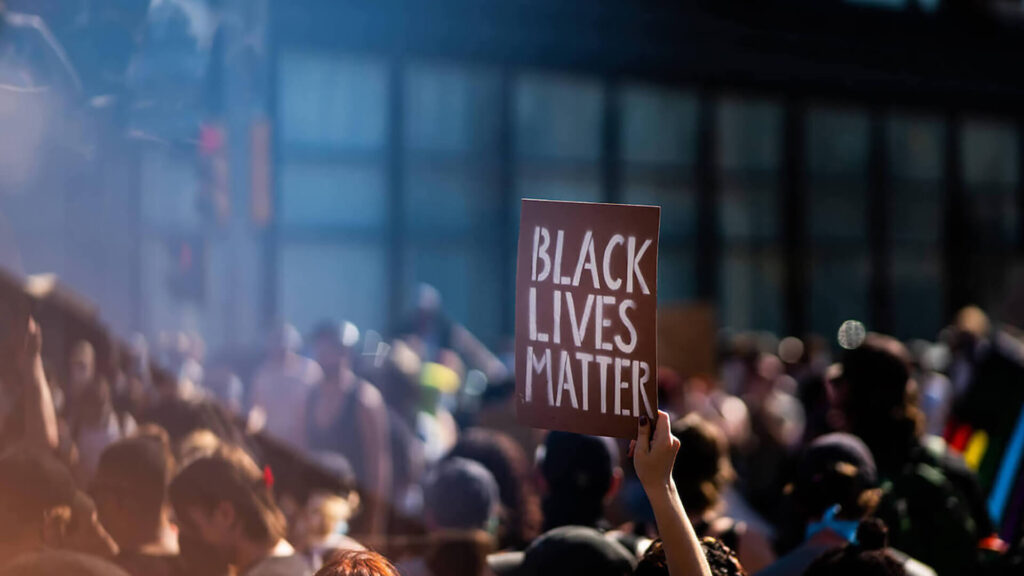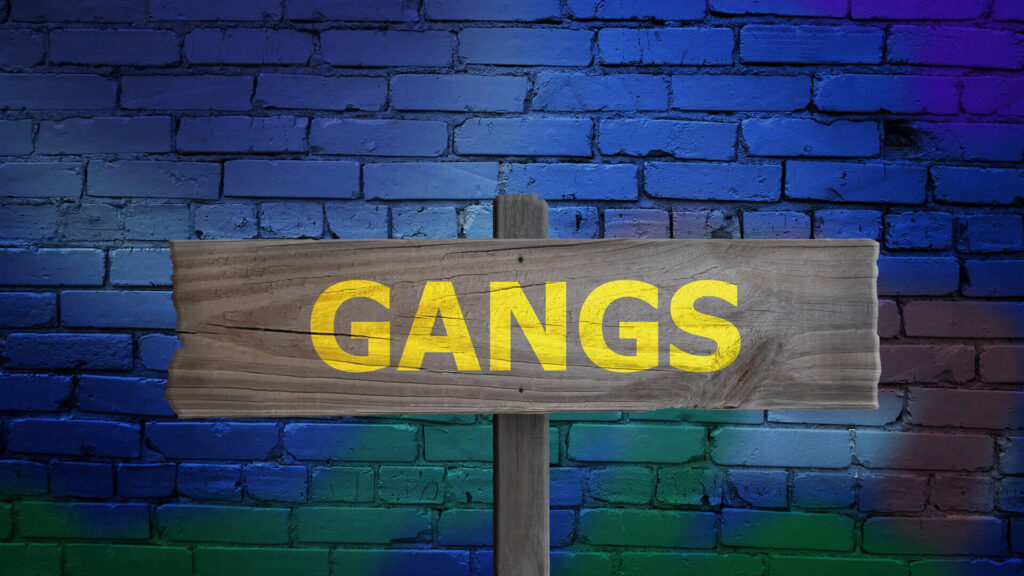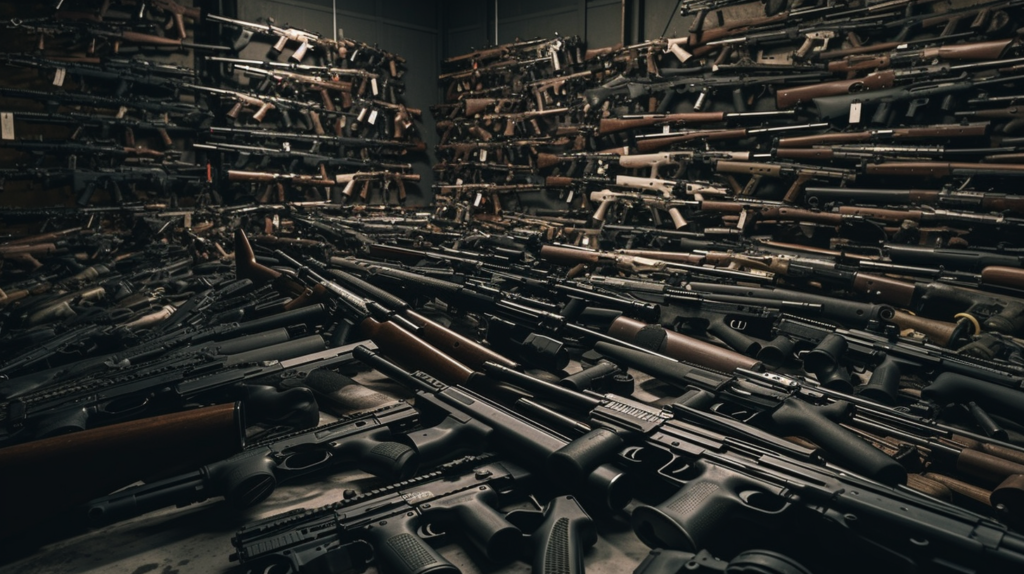Personal Reflections on the Struggle for Racial Justice
The battle for racial justice, which I have wholeheartedly joined, seldom revolves around my personal circumstances or experiences. I am profoundly aware that I, along with my family, have been recipients of immense favor and blessings through divine grace. In this context, it would be easy for me to focus exclusively on our welfare, basking in the Lord’s abundant blessings until the prophesied Rapture or my personal journey on earth reaches its natural conclusion.
Unaddressed Historical Injustices
However, the struggle for racial justice extends far beyond my individual experience or self-focused interests. It is an expansive narrative that weaves together the threads of past, present, and future. It is a story of historical injustices borne with remarkable resilience by my family, yet have remained unaddressed to this day.
The Enduring Legacy of Slavery and White Supremacy
This struggle is a mirror reflecting grave transgressions of the past. These transgressions unjustly endowed one racial group with excessive privileges and wealth while simultaneously and systematically undermining and impoverishing another. It seems a grave breach of human decency and fairness to ask this group, which has suffered systemic marginalization and exclusion, to simply ‘move on’ or ‘focus on the future,’ as if the scales of justice can be rebalanced without acknowledging or addressing past wrongs.
Violence and Racial Oppression: A Tragic Intersection
This struggle also manifests powerfully in the lived realities of the present day. It does so in two significant and intertwined ways. First, it acknowledges the pervasive impact and enduring legacy of slavery and white supremacy, which continue to inflict trauma on African American families in myriad ways. This trauma presents itself in various socio-economic forms – from the shackles of poverty and the burden of health disparities to the grip of substance abuse, the divide in educational opportunities, the specter of mass incarceration, and beyond.
The disturbing imprint of America’s first 350 years of grim and brutal history continues reverberating within the African American community. This history, punctuated by systemic racism, remains a haunting specter, casting long shadows over the current lived realities of African Americans.
Socioeconomic Disparities Affecting the African American Community
The question arises: why do violence and gang activity disproportionately affect black neighborhoods? The answer lies partially in systemic racial oppression, a cruel legacy of the past that continues to inflict wounds in the present and threatens futures.
An Urgent Call to Protect Our Black Youth
How can we, as a society, remain indifferent when our inner-city young ones, our collective hope for the future, are embroiled in violence, with bullets from guns produced in, and serving to enrich rural America? It is disturbing that homicide is the leading cause of death among black males aged 15-44.
Can we turn a blind eye to the fact that black youth in many of our cities are forced to consume water contaminated with toxic lead and live in ‘food deserts,’ deprived of access to nutritious food, exacerbating health disparities? Can we ignore the tragic reality that the education system relegates most black children to underfunded and underperforming schools? These institutions often serve as gateways to prison rather than launching pads to success and opportunity.
And how can we pretend not to notice that black males, though they make up a mere 4% of the nation’s population, constitute an alarming 45% of the prison population? These grim statistics underscore systemic inequities and demand urgent attention and action.
Systemic Inequities: From Educational Gaps to Prison Pipeline
To conclude, it feels morally untenable and spiritually unacceptable for me to focus on my individual well-being when there is such palpable suffering in my broader community. The teachings of Scripture resonate strongly here.
First, Psalm 89:14 says God established His Throne on righteousness and justice.
Second, the Old Testament prophets spoke truth to power.
Third, Jesus taught us in Matthew 25:31-46 that when we labor for justice for the least among us, we essentially do it for Him. His words serve as a potent reminder and warning that when we close our hearts to the racial injustices inflicted upon the least privileged among us, we close our hearts to Him, His message and example.



